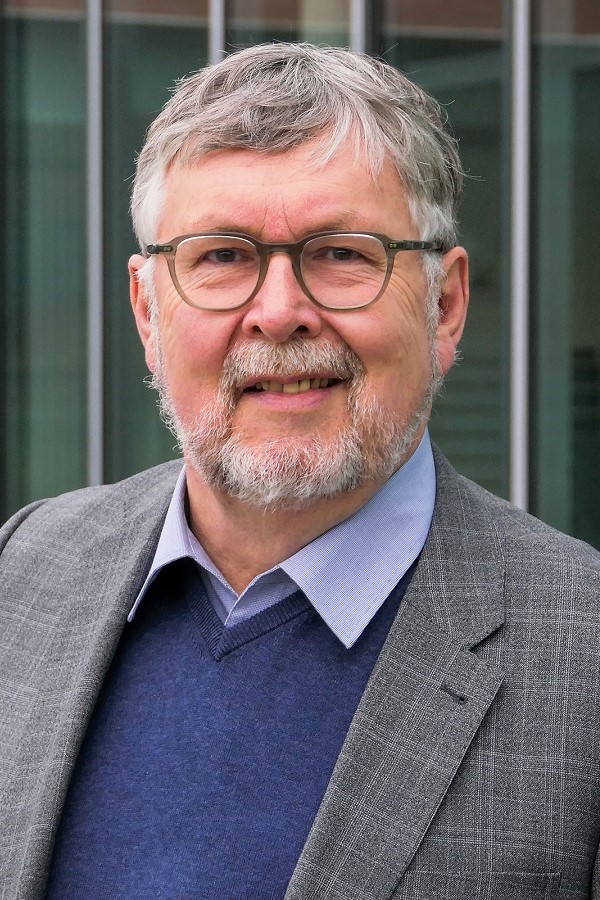Hans Schöler is a stem cell researcher with profound knowledge of pluripotency. His research includes germ cell biology and the use of organoids as an alternative to animal testing.

Professor em. Hans R. Schöler
Max-Planck-Institut für molekulare Biomedizin
Schöler was Director at the Max Planck Institute for Molecular Biomedicine in Münster and Professor of Reproductive Physiology at the University of Pennsylvania, USA, and the Medical Faculty at the Westfälische Wilhelms-Universität in Münster. Until October 2023, he is leading a project based on the "White Paper - Animal Experiments in the Max Planck Society", which, among other things, is developing brain organoids based on induced pluripotent stem cells as one alternative to animal experiments.
Hans Schöler's research focus is the biology of germline cells. He discovered a key factor for pluripotency of human embryonic cells (Oct4) and is working on converting somatic cells back into pluripotent stem cells. His laboratory was the first to succeed in deriving eggs from embryonic stem cells (2003).
He is a member of several German academies, including the National Academy of Sciences Leopoldina, a member of the Central Ethics Committee for Stem Cell Research until August 2023, and other ethics committees. Among other numerous (inter)national awards, he received the Robert Koch Prize in 2008. In 2010, the Hans Schöler Stem Cell Research Center (HSSCRC) was opened in Ulsan (South Korea).
Further information: https://www.mpi-muenster.mpg.de/663376/schoeler
The Central Ethics Committee for Stem Cell Research (ZES) is in charge of assessing scientific research applications with regard to their ethical justifiability according to the Stem Cell Act (StZG). It evaluates the ethical justifiability of research projects that meet certain scientific criteria (objectives of outstanding interest, preliminary studies using other systems such as embryonic stem cells from animals, lack of alternatives).
An amendment of the Stem Cell Act has been clearly addressed repeatedly in the past activity reports of the ZES. In its 2-year reports, the RKI also regularly points out the need to amend the Stem Cell Act. In terms of content, the key date regulation and the research proviso are particularly emphasised as restrictions for research. The demand from the research community is that the use of human embryonic stem cells (hESCs) should also be possible, for example, for medical purposes (production of cell replacement products) or other purposes (such as routine environmental toxicological tests, production of research tools or media, etc.). In this context, the previous objectives of the Stem Cell Act prove to be too narrow; i.e. not only basic research and development of fundamentals for new therapeutic, preventive and diagnostic procedures, but also important and innovative research as a whole. Finally, the criminalisation of violations against the StZG (i.e. the threat of imprisonment) should be eliminated and violations of the StZG should in future be punished as administrative offences.
If, in future, it should also increasingly be necessary to assess research applications in which human embryos or embryo models are used for research purposes, or in which germ cells derived from hESCs are to be used to produce early embryos, the ZES should be expanded to include members from the fields of reproductive medicine/human genetics/developmental biology.
(Translation from German)